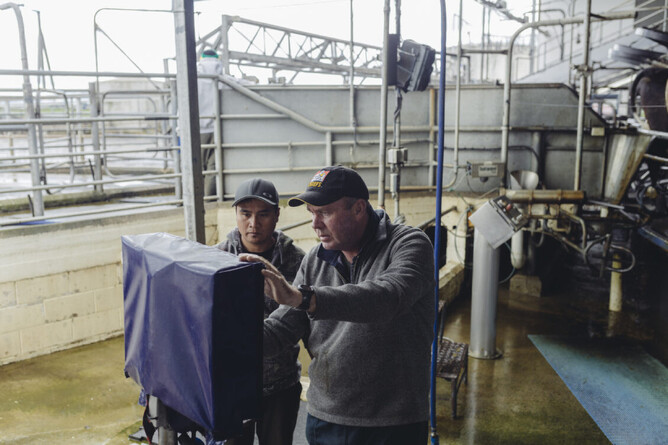With the news that New Zealand has experienced a drop in highly-skilled migrant numbers, the solution is an end to misguided immigration policies and better recognition of the skills these migrants bring.
Recent news headlines regarding the sharp decline of highly skilled migrants coming to New Zealand look to have made immigration a hot topic for 2019 – and rightly so.
Immigration Minister Iain Lees-Galloway has already stated he is looking at ways to encourage more residents to New Zealand after a drop of several thousand in one year. As Radio New Zealand and other national media outlets reported, new resident numbers here in New Zealand fell from 47,684 to 37,948 in the 2017-2018 financial year and three quarters of this change was due to a decrease in the number of skilled immigrants.
Here at The Regions, we welcome this news, but we also have an easy solution. As we advocated in our Stand Against the Stand Down last year, a contributing factor to New Zealand’s labour shortage is the country’s immigration policies, which see many work visa applicants being termed low-skilled on their initial visa issuance.
Change in immigration policies needed
While Minister Lees-Galloway has inherited New Zealand’s current immigration policy settings from his predecessor Mr Woodhouse and the third-term National government, one has to beg the question how and why it came as a shock to senior policy makers that skilled migrant numbers have dropped by the thousands.
Many immigrants are coming into New Zealand on low-skilled work visas when it is clear they deserve to be recognised as highly skilled. These migrants bring a strong work ethic, are loyal to their employers, and are committed to creating not just a better situation for themselves and their families, but a better New Zealand. In turn, our country’s misguided immigration policies, which we proposed to have overturned in our petition last year, leave migrants without security for long-term employment or residency.
Meanwhile, the Canadian government is rolling out its strategy (which it embarked on in 2017) to attract one million new immigrants by 2020, such is the value they believe immigrants bring to their society and labour force. Closer to home, Australia is dedicating itself to attracting migrants to its more isolated territories. The Australian government is demanding migrants commit to living in these regions for at least three years before a permanent residency pathway is available – precisely the sort of regionally focused work visa policy, with options towards residency, that we have been advocating for.
Focus on fair immigration
In December last year, Minister Lees-Galloway recognised our 7,500 signature petition presented to him and has announced a review of the proposed changes to New Zealand’s migrant work visa policy. This is an extremely positive step as policy change is essential to give both economies and communities the positive net migration they need, not to mention the number of highly-skilled migrants New Zealand’s employment market is desperate for.
This year, we will continue to focus on ensuring New Zealand’s immigration policies are fair – for both immigrants seeking a better life here and for employers looking for skilled labour. We are committed to:
- Seeing the proposed stand down policy, which would come into effect in 2020, amended or, ideally, repealed
- Holding the Government accountable to its pre-election promise of regionalising our skills shortage list
- Enabling greater access to New Zealand residence for mid-level dairy staff.
Contribute to the consultation
Consultation is now open on proposals to improve temporary work visa settings. We will be actively rolling out suggestions on how you can make your voice heard during this public consultation period. Changing New Zealand’s immigration policies isn’t just a ‘nice to have’, it’s vital for the prosperity of our country’s major export industries.
